A double-edged sword in broiler breeding! Trace elements iron, zinc, copper, manganese, selenium!
Chicken as a complete organic life, in the normal growth activities, need sufficient carbohydrates, proteins, vitamins and minerals, minerals also include some things that farmers are easy to ignore-trace elements. The so-called trace elements refer to elements with a content of less than 1/10000 in the body, mainly iron, zinc, copper, manganese, chromium, selenium, molybdenum, cobalt, fluorine, etc., while iron is also called a half-quantity element because of its relatively high content in the body.
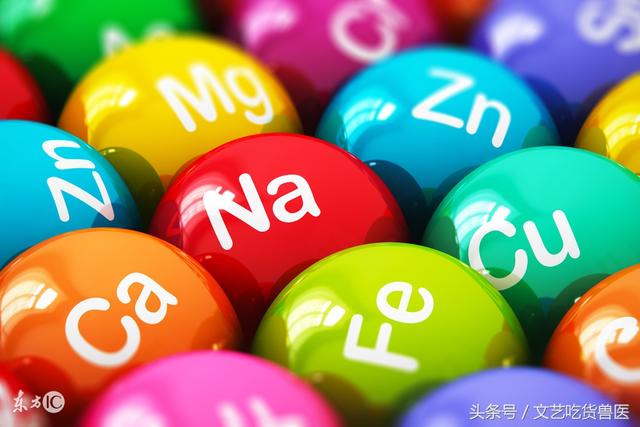
What kind of role can trace elements play in broiler breeding? What symptom can the lack of trace elements have? Can trace elements be fed in large quantities?
1. Iron. Basically, modern people know that iron is an important component of hemoglobin in the blood, which is related to the function of the blood. In broiler breeding, the most exuberant demand for iron in broilers is the rearing period within one month of age, during which chicks grow vigorously and need more iron to assist in blood production. However, if there is too much iron in chicken feed, it will hinder the absorption of phosphorus in broilers, such as osteomalacia, soft shell eggs, and even some symptoms of iron poisoning, such as diarrhea, slow growth, low feed conversion rate and so on. Iron poisoning is the most serious can lead to the death of broilers.
2. Copper element. In general, the amount of copper required in the growth process of broilers is very small, and the average feed only needs to contain 1/100000 copper. Copper, like iron, is also involved in the production of blood, and copper deficiency may also cause symptoms of anemia. Copper can also play a certain role in promoting growth, at the same time, it also has a certain therapeutic effect on some chicken enteritis and mycosis. However, it should be noted that if fed with feed with too much copper for a long time, it will lead to copper poisoning, growth inhibition and even death in broilers.
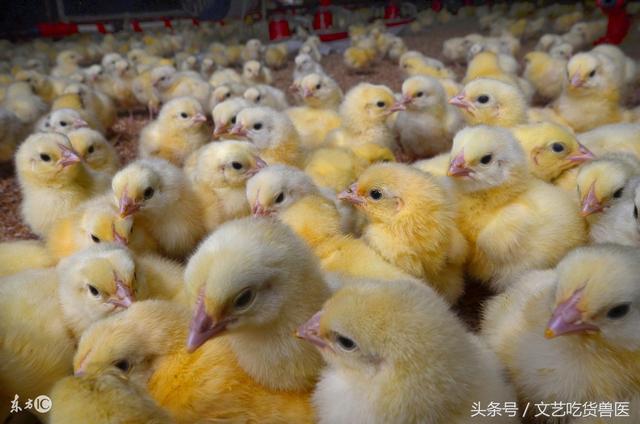
3. Zinc. Such things as zinc deficiency and zinc supplement are often seen in TV commercials, and advertisements for zinc supplements such as zinc gluconate are no stranger to you. Zinc mainly plays a role in promoting growth and development, enhancing appetite and digestion, which can be said to be a trace element closely related to the growth performance of broilers. On the other hand, if zinc is excessive, it will also be toxic and cause poisoning. Excessive zinc will affect the absorption of calcium and protein, resulting in copper deficiency. If the zinc content of the chicken feed reaches 3/10000, the growth of the chick will be seriously hindered, arthritis and visceral bleeding will occur.
4. Manganese element. Manganese mainly affects the laying and growth of chickens. In general, the content of manganese in feed up to 5/100000 is enough. If you want to prevent slippery tendon disease, you can increase the content of manganese to 1/10000. Excessive manganese can hinder the growth of broilers and, in severe cases, can lead to the death of more than half of the chicks.
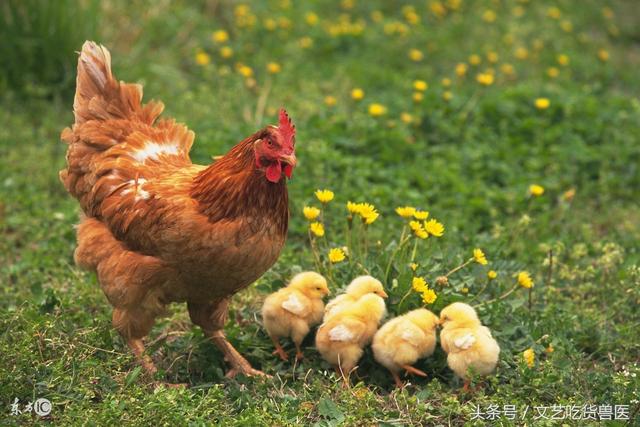
5. Iodine element. For Chinese people, iodine deficiency is certainly no stranger. In order to prevent iodine deficiency, the state has also implemented a policy of iodizing table salt. Iodine deficiency will seriously affect the growth and development of broilers, but in fact, the demand for iodine in broilers is very small, generally only 3/10000000 iodine content is enough. Iodine excess will not only cause goiter, but also lead to the decline of hen laying performance, dead embryo, stop laying and so on, which can seriously lead to chicken death.
6. Selenium. Selenium has been very popular recently, and it is called the longevity element, which means that this element can make people live longer. But selenium is a very dangerous element for broilers, because the range of deficiency and excess of selenium in chickens is very small, it will be lack of selenium accidentally, and a little supplement will lead to selenium poisoning. Therefore, under normal circumstances, there is no need to specially supplement selenium to chickens. Selenium poisoning in chickens will not only lead to growth stagnation, dishevelled feathers, delayed sexual maturity, loss of appetite, decline in egg production, but also cause serious symptoms such as abnormal embryo, paralysis, death and so on.
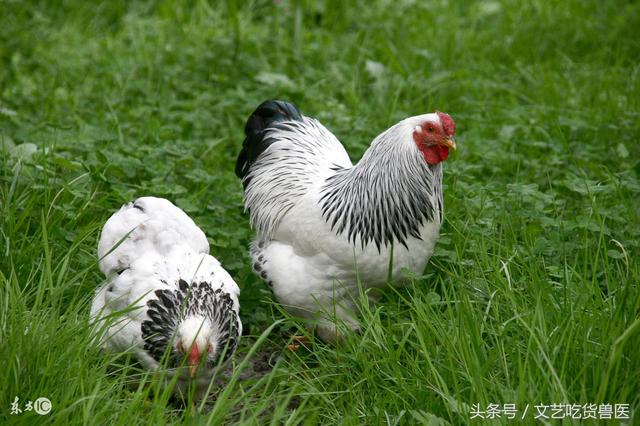
In the daily breeding of broilers, farmers should not only ensure that there are sufficient trace elements in broiler feed, but also prevent poisoning caused by excessive trace elements. But in fact, for the majority of bulk farmers, as long as they regularly put the chickens out of the circle and let the chickens move freely, as long as the chickens bite and peck outside, they can basically obtain trace elements to meet their production needs.
Finally, I wish you all a safe breeding, smooth and profitable.
- Prev
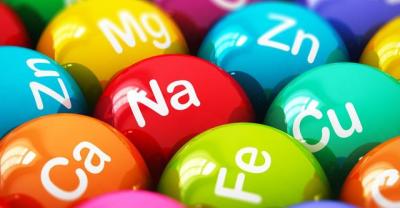
How to raise Golden finger, breeding methods and maintenance points of Golden finger
Golden finger belongs to the cactus family, also known as golden handball, golden tube ball. Because it is easy to breed and does not sting, it is loved by everyone and is often used to combine potted plants.
- Next

A brief discussion on the matching techniques of High-yield Culture Model of Grass Carp in Hunan Province
Teng's Aquatic Business Network-Contemporary Aquatic Magazine exclusive report: Hunan Province is one of the main producing areas of grass carp (Ctenopharynodonidellus) in China.
Related
- On the eggshell is a badge full of pride. British Poultry Egg Market and Consumer observation
- British study: 72% of Britons are willing to buy native eggs raised by insects
- Guidelines for friendly egg production revised the increase of space in chicken sheds can not be forced to change feathers and lay eggs.
- Risk of delay in customs clearance Australia suspends lobster exports to China
- Pig semen-the Vector of virus Transmission (4)
- Pig semen-the Vector of virus Transmission (3)
- Five common causes of difficult control of classical swine fever in clinic and their countermeasures
- Foot-and-mouth disease is the most effective way to prevent it!
- PED is the number one killer of piglets and has to be guarded against in autumn and winter.
- What is "yellow fat pig"? Have you ever heard the pig collector talk about "yellow fat pig"?

